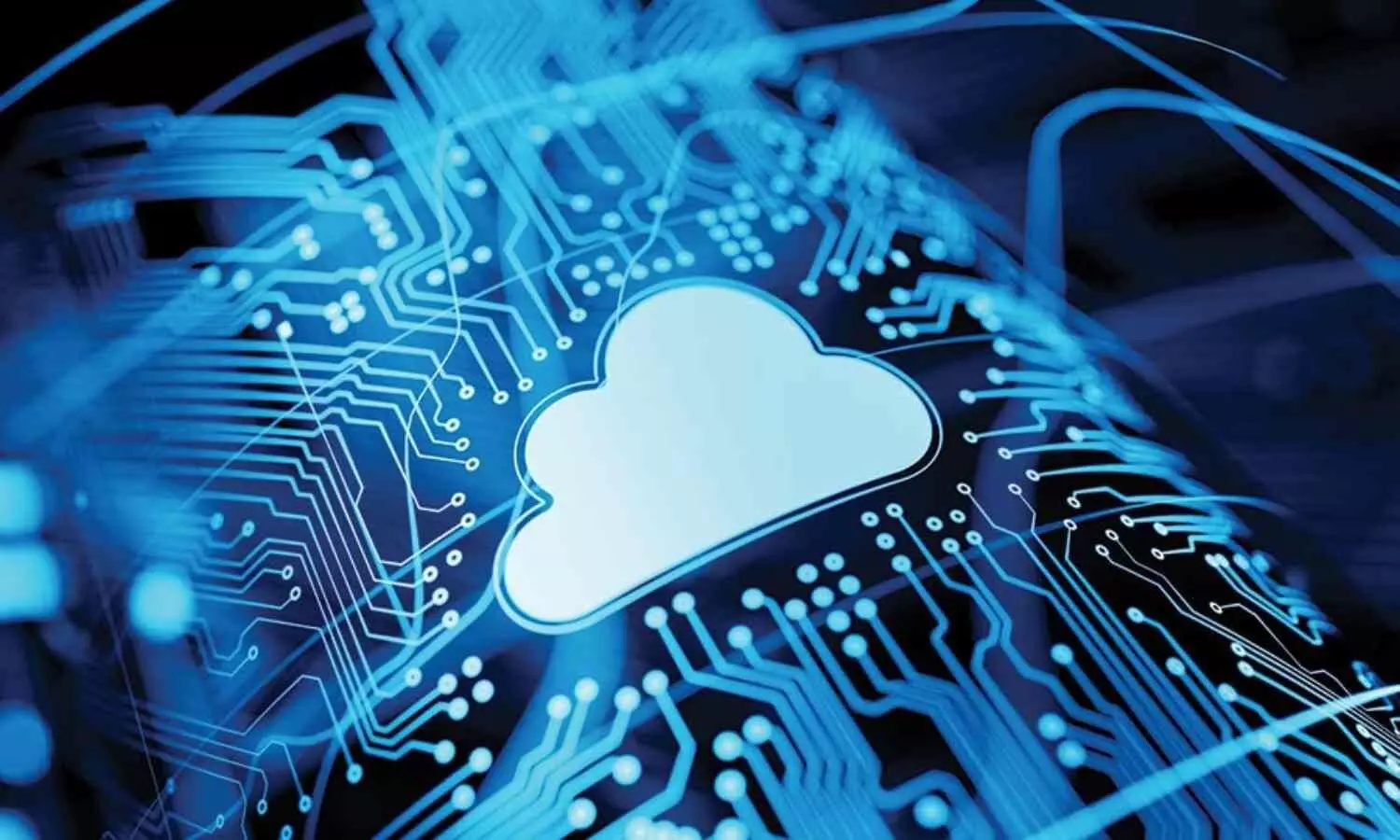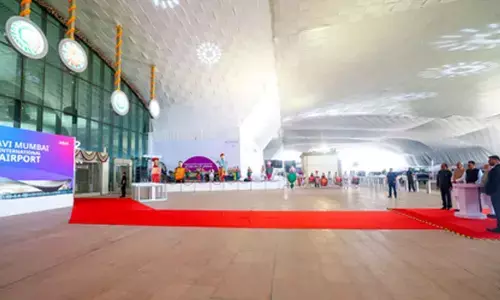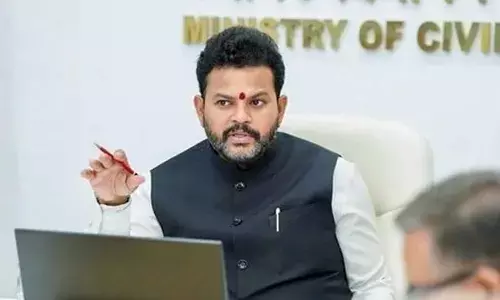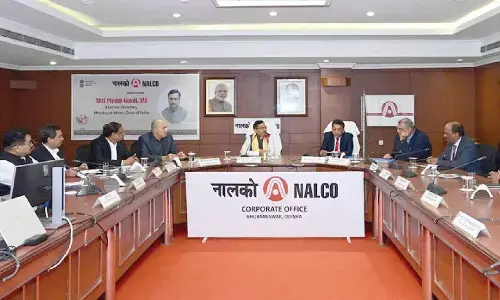How Technology is Shaping Global Connectivity and Enhancing Security

How Technology is Shaping Global Connectivity and Enhancing Security
Learn how technology advances global connectivity and security, bridging gaps, fostering collaboration, and ensuring a safer digital future.
Technological advancements are revolutionising global connectivity and security. Innovations like artificial intelligence and unmanned drones play a crucial role in enhancing border surveillance and globally connectivity. These cutting-edge solutions improve monitoring, reduce risks, and streamline responses to crises. In just a few decades, technology has bridged gaps, connecting nations and fortifying defences. From smarter systems to real-time data the influence of technological advancements and global connectivity is profound. It is reshaping how we safeguard and connect the world.
Impact of Technology on Global Security
The influence of technology on global affairs is transforming geopolitics, economies, societies, and diplomacy. From redefining communication to advancing sustainability, technological progress is shaping the modern world. Read on to learn about the different ways impact of digital transformation on global security in detail -
1.Redefining Communication and Diplomacy
Digital platforms have revolutionised global connectivity and cybersecurity. Social networks enable swift communication, allowing diplomats to negotiate and resolve conflicts online. This shift accelerates public diplomacy and fosters real-time decision-making.
2.The Power of Information and Influence
The rapid flow of information, fueled by digital tools, impacts elections, public opinion, and international interference. While this connectivity spreads awareness, it also amplifies disinformation and propaganda, raising significant cybersecurity concerns.
3.Addressing Cybersecurity Challenges
Advancements in technology come with increased risks. Cyberattacks, state-sponsored espionage, and threats to critical infrastructure are now integral to global security discussions. Tackling these issues requires expertise in both technology and international relations.
4.Global Competition in Emerging Technologies
Nations are vying for leadership in groundbreaking fields like AI, 5G, and quantum computing. This competition shapes economic systems and geopolitical strategies, while areas like space exploration drive debates on governance and resource management. Technology and global communication further amplify these dynamics, enhancing connectivity and influencing international relations.
5.Transforming Economies and Supply Chains
The rise of the digital economy has redefined global trade through e-commerce, digital currencies, and online platforms. However, disruptions like the pandemic have exposed vulnerabilities in supply chains, urging businesses to focus on resilience.
Navigating Data Governance and Privacy
As data becomes a valuable resource, concerns over privacy and governance intensify. Technology-driven global security challenges arise as regulations like GDPR and discussions about data localization influence international policies and shape the future of digital security.
6.Advancing Environmental Sustainability
Technology is central to tackling climate challenges. Innovations in renewable energy, climate forecasting, and environmental monitoring are critical for sustainability efforts, requiring leaders to adapt and implement solutions effectively.
How Advanced Technology Reduces Security Risks
Technology plays an important role in tackling evolving security challenges. Innovations are reshaping the way we protect infrastructure, monitor threats, and respond to emergencies. Here are five major areas where advanced technology is making a difference:
1. Strengthening Cybersecurity
As digital systems grow, cyber threats become more sophisticated. Harumi Mizokami, Deputy Director at Mitsubishi Heavy Industries, highlights the increasing need for robust cybersecurity solutions. Traditional defences like monitoring and network security now work alongside advanced techniques such as protocol inspections and rule-based behaviour monitoring. These proactive measures detect vulnerabilities early, protecting critical infrastructure, defence systems, and business networks.
2. Revolutionising Security with Drones
Drones are transforming security operations. According to projections, millions of drones are taking to the skies for various applications. Systems like MHI’s CoasTitan utilise autonomous air and sea vehicles to guard coastlines against threats such as smuggling, piracy, and illegal fishing. These drones reduce human involvement in high-risk situations, enhancing safety while cutting costs. Coordinated patrols managed through control centres ensure efficient resource allocation.
3. AI-Enhanced Satellite Image Analysis
Satellite imagery has long been a tool for security efforts, but advancements in AI have made it far more effective. The role of AI in global security is crucial, as it processes vast amounts of data quickly, providing real-time insights. During disasters, AI-generated maps of affected areas help prioritise relief efforts. It also supports border security and tracks industrial activities, saving analysts hours of manual work and improving accuracy.
4. Advanced AI Video Surveillance
Advancements in technology and security have redefined monitoring through AI-powered surveillance systems. Autonomous cameras use sensors and algorithms to detect movement and recognize faces, even in low light. These systems operate 24/7 without human intervention, improving security efficiency. With real-time alerts and intelligent analysis, they address potential threats swiftly and reduce manual oversight requirements.
5. Securing Internet of Things (IoT) Connectivity
The Internet of Things (IoT) connects everyday devices, creating opportunities and challenges for security. Innovations in communication technology have expanded IoT, enabling rapid data exchange but also exposing systems to cyber risks. Incorporating hardware and software security at the design stage and using strong encryption ensures safer device interactions. These measures protect sensitive information and enhance system resilience against potential breaches
Conclusion
Technological advancements have revolutionised global connectivity and security. They have bridged distances, broken cultural barriers, and empowered people worldwide to collaborate and innovate. From instant messaging to virtual reality, these tools have transformed how we connect, communicate, and secure our networks.
As we navigate an interconnected world, using technology for positive change is crucial. Social media can foster cultural exchange and raise awareness of global issues. Video calls bring families closer, while advanced systems strengthen cybersecurity and improve safety. These innovations promote collaboration and understanding across borders.
Technology is a powerful tool. Its impact depends on how we use it. By embracing ethical practices and leveraging these advancements wisely, we can create a safer, more united world where connectivity fosters innovation and security protects progress.













